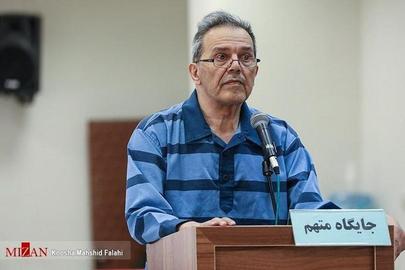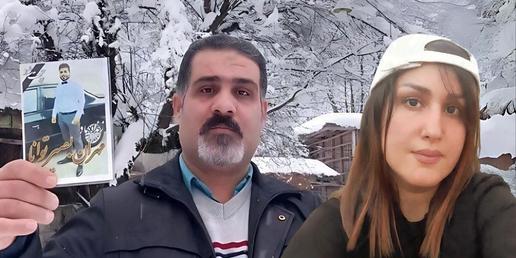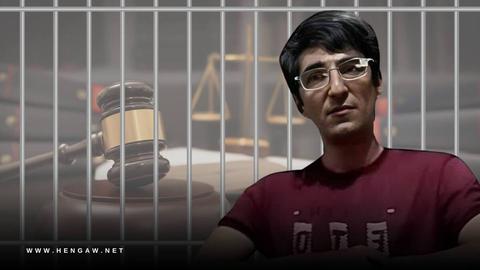Iran's Supreme Court has upheld the death sentence of Iranian-German national Jamshid Sharmahd on charges of "corruption on Earth," the Iranian judiciary's website Mizan Online said on April 26.
German Foreign Minister Annalena Baerbock called the verdict “completely unacceptable.”
“At no point did Jamshid Sharmahd have even the beginnings of a fair trial,” she tweeted. “We call on Iran to immediately reverse this arbitrary verdict.”
Amnesty International said that Sharmahd's "unjust" sentence was handed down after a "grossly unfair sham trial."
"He is now at imminent risk of execution,” the London-based human rights group said in a tweet.
Amnesty International condemns Iran's Supreme Court upholding the unjust conviction and death sentence of German-Iranian Jamshid Sharmahd after a grossly unfair sham trial. He is now at imminent risk of execution. @khamenei_ir must halt his execution & free him NOW. pic.twitter.com/2DW94CwZsD
— Amnesty Iran (@AmnestyIran) April 26, 2023
Sharmahd, who also has US residency, was abducted by Iranian officials in the United Arab Emirates in July 2020 and forcibly transferred to Iran.
Iranian authorities accuse him of heading a pro-monarchist group they blame for a deadly 2008 bombing and planning other attacks in the country, charges Sharmahd denies.
The judiciary announced his death sentence in February. Germany’s government ordered two employees of the Iranian embassy in Berlin to leave the country in protest, which was followed by a similar move by Iran’s government.
Western governments have repeatedly accused the Islamic Republic of taking dual and foreign nationals hostage for the sole purpose of using them in prisoner swaps or as a bargaining chip in international negotiations.
During and after Sharmahd’s trial, state media broadcast his forced “confessions” in a propaganda video accusing him of “terrorism.”
According to Amnesty International, the prisoner has been denied “his rights to an independent lawyer of his own choosing, to adequate defense, to be protected from torture and other ill-treatment, to the presumption of innocence and to be tried by an competent and impartial tribunal.”
visit the accountability section
In this section of Iran Wire, you can contact the officials and launch your campaign for various problems


























comments